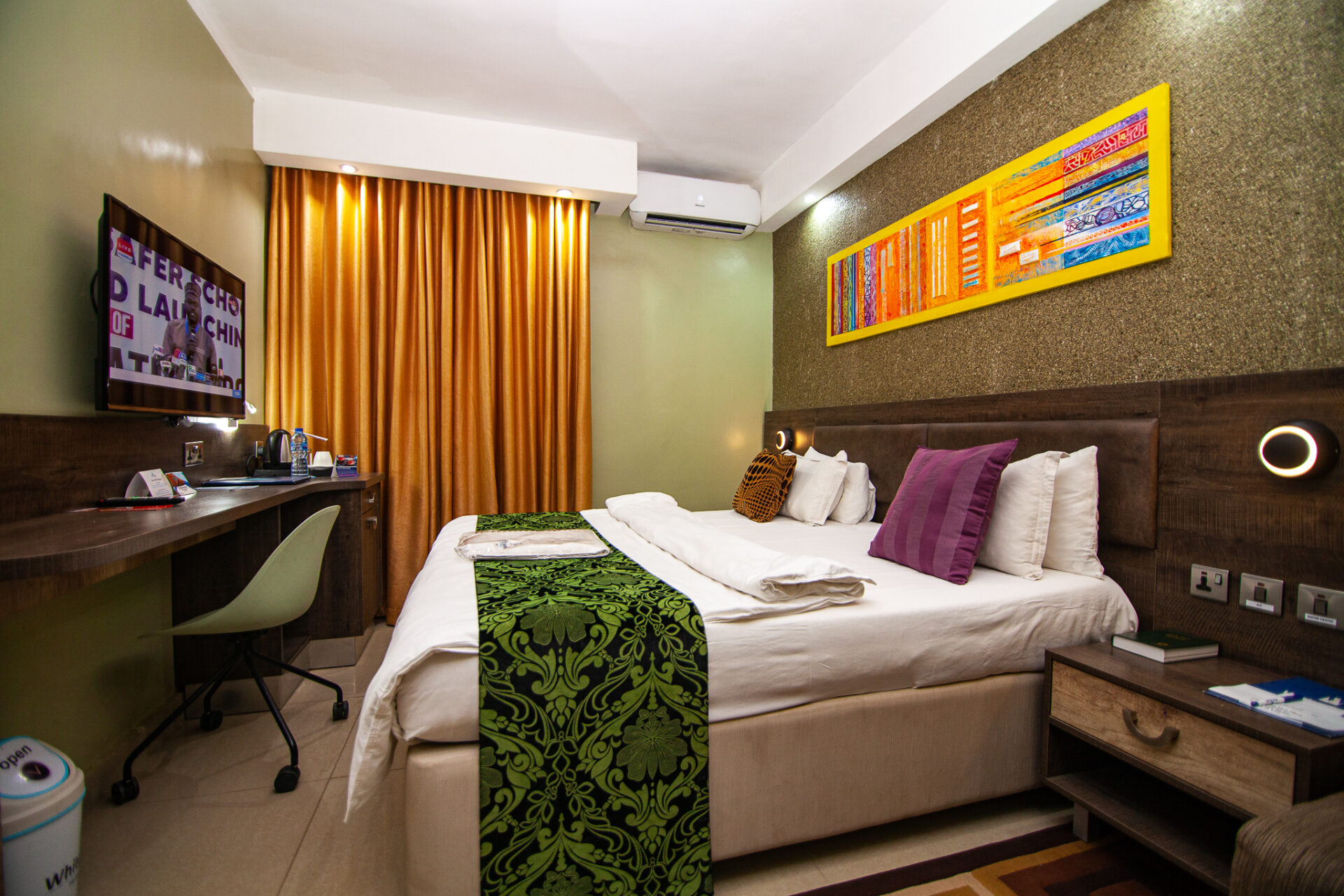As travelers, we’ve all experienced it – the moment we step into a hotel lobby and feel a sense of wonder, excitement, and anticipation. The art of hotel design has the power to transport us to new worlds, evoke emotions, and create lasting memories. In this article, we’ll delve into the world of hotel design, exploring the elements that make a hotel truly unforgettable.
A Sense of Place
Great hotel design begins with a deep understanding of the local culture, history, and environment. A hotel that reflects its surroundings, incorporating local materials, colors, and textures, instantly connects guests to the destination. The iconic Burj Al Arab in Dubai, with its soaring sail-like design, is a masterclass in capturing the essence of Arabian hospitality.
Storytelling through Design
Hotel design is an exercise in storytelling. Every element, from the furniture to the artwork, should contribute to a narrative that immerses guests in a unique experience. The NoMad Hotel in New York City, with its opulent Beaux-Arts design and whimsical touches, whisks guests away to a bygone era of luxury and glamour.
Lighting: The Unsung Hero
Lighting is often the unsung hero of hotel design. It has the power to transform a space, evoke emotions, and create ambiance. The use of warm, soft lighting in the lobby of the Four Seasons George V Paris creates a welcoming and intimate atmosphere, perfect for relaxing after a long day of exploring.
The Art of Comfort
Comfort is key to a memorable hotel experience. Designers must balance aesthetics with functionality, ensuring that every element, from the bed to the bathroom, is both beautiful and functional. The plush beds and luxurious linens at the Ritz-Carlton Hong Kong are the epitome of comfort, guaranteeing a restful night’s sleep.
Technology Meets Design
In today’s digital age, technology plays a crucial role in hotel design. Seamless connectivity, intuitive interfaces, and smart room controls enhance the guest experience, making it effortless and enjoyable. The futuristic design of the citizenM hotels, with their sleek, high-tech amenities, is a prime example of technology meeting design.
Conclusion
The art of hotel design is a delicate balance of form, function, and storytelling. By incorporating local culture, comfortable design, and cutting-edge technology, hotels can create a truly unforgettable experience for their guests. Whether it’s a luxurious retreat or a stylish boutique hotel, the art of hotel design has the power to leave a lasting impression, making us feel seen, heard, and remembered.


